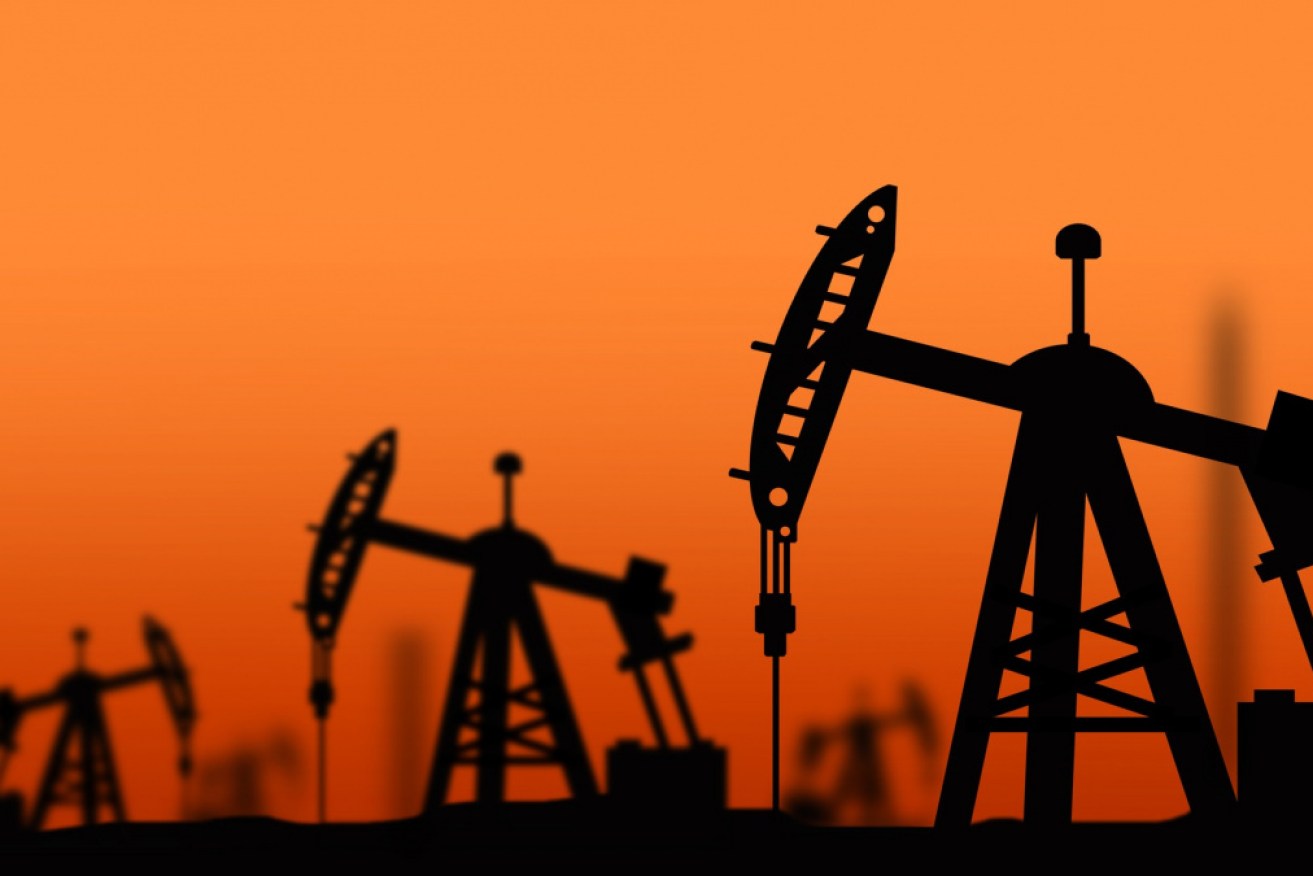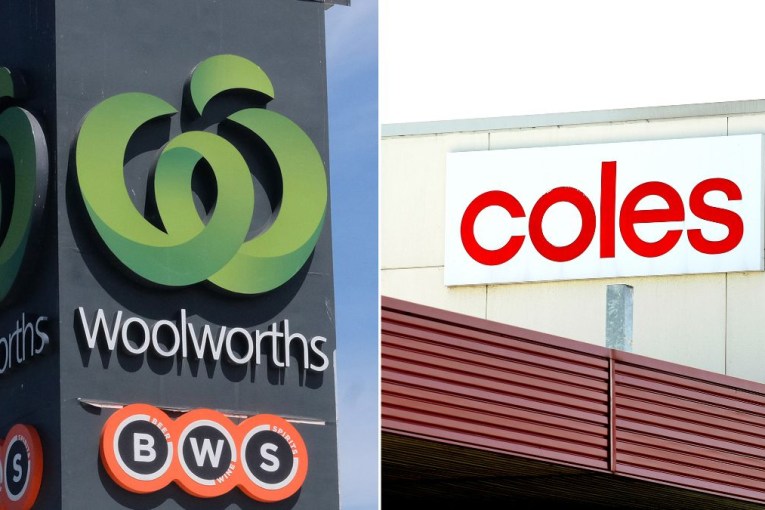Petrol prices keep falling as price of crude oil drops below zero


The global oil industry has a limited amount of storage capacity for the physical oil it produces. Photo: Getty
Cheaper petrol and more affordable energy are both on the cards after benchmark US oil prices dropped below zero for the first time in history.
The seemingly unlikely collapse in prices meant US oil producers were paying buyers to take barrels off their hands after the coronavirus pandemic pushed demand for oil off a cliff.
For motorists, it’s a promising sign that local petrol prices may have further to fall, NRMA spokesperson Peter Khoury told The New Daily.
But it’s not guaranteed.
The negative prices seen earlier in the week were only in contracts for West Texas Intermediate – a kind of crude oil produced in the US.
Its price temporarily dropped as low as $US40 ($63.64) a barrel.
Tweet from @CommSec
Although West Texas Intermediate is a major global indicator of prices, Australia’s retail fuel price is influenced more by the price of Dated Brent crude oil contracts.
On Tuesday afternoon (Australia time), these were still selling for about $US25 ($39.63) a barrel.
Even so, that remains well below the price of crude oil at the start of the year, Mr Khoury said, and petrol prices should stay relatively low for the rest of 2020.
“Oil companies are not going to be giving petrol away for free,” he said.
“But the falls we have seen and expected to keep happening even before the futures price fell out of the back of crude oil will now continue.”
Mr Khoury was not able to say how low prices will fall, but noted that wholesale petrol prices in Australia are “around 82 cents per litre” and likely to keep falling.
“In Perth, the average price for regular unleaded is 86 cents,” he said.
“That’s a pretty good indication of what we’re heading towards.”
Australian households to benefit, but not straight away
Drivers are not the only demographic tapped to benefit from the historic low price of oil.
Daniel Gerard, senior multi-asset strategist at State Street Global Markets, said cheap oil would eventually lead to lower energy bills for households.
“When it comes to the economy, lower oil prices are like lower interest rates at this point; they will be helpful at some point, but not yet,” he told The New Daily.
At some point lower production costs, lower input costs and lower costs of capital will mean better corporate margins and lower prices for the consumer.
“But this is a second-half-of-2020 story, when supply and demand both improve.”
Energy company investors will need to be wary of possible dividend cuts, however.
How can prices be below zero?
Negative commodity prices might seem impossible – especially for a commodity with cartel-like production controls such as oil.
But the reversal of oil producers’ fortunes make economic sense in the current climate, according to Australian Convenience and Petroleum Marketers Association (ACAPMA) chief executive Mark McKenzie.
The negative prices are the result of an unusual situation in which demand for oil fell six times more than leading forecasts predicted, resulting in a worldwide glut.
In the US, where West Texas Intermediate is produced, the sudden drop in demand came at the same time buyers ran out of storage capacity.

With nowhere to store their oil, producers paid buyers to take it. Photo: Getty
In short, the usual buyers didn’t have the space to store any more oil, forcing sellers to keep lowering their prices, or be stuck with excess barrels.
And cutting production is not easy to do, Mr McKenzie told The New Daily.
“You can’t turn the tap off easily. Oil is constantly coming out of the ground,” he said.
“It takes about a week to cap a well and there’s a significant cost, and then it costs a significant amount of money and a two- or three-week lead in to turn it on again.”
That creates a lot of risk for oil producers because they don’t know when they might need to turn on their wells again – which leaves two options, Mr McKenzie said.
“You can either pay to close it, or you can pay someone to take your excess supply in the hope you’re going to come out better in the longer term,” he said.








